PLYMOUTH, UK: The usefulness of stem cells in the regeneration of dental and other body tissue has been established by numerous studies, though their potential in a clinical setting has yet to be proved. An international team of researchers has discovered a specific gene that increases stem cell activation and tissue regeneration during tooth healing, potentially offering a novel approach to tooth repair.
The study was led by Dr Bing Hu of the University of Plymouth’s Peninsula Dental School. He worked in collaboration with researchers from universities in China, Denmark, Germany, Saudi Arabia, Singapore, Switzerland, the UK and the US. The researchers are the first to show that the delta-like 1 homologue (DLK1) gene is vital for the activation and regeneration of mesenchymal stem cells—those that make up skeletal tissue like muscle and bone, as well as tooth dentine.
The researchers were also able to prove that the DLK1 gene can enhance stem cell activation and tissue regeneration in a tooth wound healing model. This could provide the basis for a new method of tooth repair, though further studies will need to be conducted to ascertain the validity of the findings for clinical application.
“Stem cells are so important, as, in the future, they could be used by laboratories to regenerate tissues that have been damaged or lost due to disease—so it’s vital to understand how they work,” said Hu in a press release marking the study. “By uncovering both the new stem cells that make the main body of a tooth and establishing their vital use of DLK1 in regenerating the tissue, we have taken major steps in understanding stem cell regeneration.”
“The work has taken place in laboratory models at this stage, and further work needs to be done before we can bring them in to human use. But it’s a really big breakthrough in regenerative medicine that could have huge implications for patients in future,” he added.
“We are highly excited by the recent progresses in Dr Bing Hu’s group,” commented Prof. Christopher Tredwin, Head of the Peninsula Dental School and co-author of the paper.
“This new work, together with a recent high-impact paper published in the EMBO Journal, which is about another type of stem cell in the tooth—epithelial stem cells—puts Plymouth at the front of the world’s dental and craniofacial stem cell research and regenerative medicine. We expect those researchers will soon provide dental patients better time- and cost-effective solutions to serious tooth problems—from trauma to caries,” Tredwin said.
The study, titled “Transit amplifying cells coordinate mouse incisor mesenchymal stem cell activation”, was published on 9 August 2019 in Nature Communications.
Tags:
LONDON, U.K./ATLANTA, U.S.: After examining tooth renewal in animals that have tooth replacement and regenerative abilities, researchers from the U.K. and ...
NOTTINGHAM, England: The use of advanced biomaterials in dentistry continues to gain momentum, offering new ways to repair and protect teeth without relying...
BIRMINGHAM, UK: Modern high-speed imaging is increasingly being used by science to visualise processes that are too fast for the human eye to detect. Using ...
The last two decades have seen significant advances in restorative techniques and materials for dentistry. The latter, along with community-based preventive...
The last two decades have seen significant advances in restorative techniques and materials for dentistry. The latter, along with community-based preventive...
QUEENBOROUGH – A couple from the UK has found a human tooth in a package of premium brand sausage. Representatives of the popular British supermarket ...
LONDON, UK: In England, dentists are often not the first person to see a child suffering from oral pain, a survey published in The BMJ has confirmed. ...
LONDON, UK: Questionable standards of conduct among dental professionals jeopardise both patient safety and the integrity of the dental profession, ...
DUBLIN, Ireland: In conjunction with the 2013 Annual Scientific Meeting of the European Association for Osseointegration (EAO), Osstell, a Swedish ...
POZNAŃ, Poland: Can we improve on the toothpaste we use to maintain clean teeth, preventing medical issues that spiral from poor dental health? Most ...
Live webinar
Wed. 4 March 2026
1:00 am UTC (London)
Dr. Vasiliki Maseli DDS, MS, EdM
Live webinar
Wed. 4 March 2026
5:00 pm UTC (London)
Munther Sulieman LDS RCS (Eng) BDS (Lond) MSc PhD
Live webinar
Wed. 4 March 2026
6:00 pm UTC (London)
Live webinar
Thu. 5 March 2026
1:30 am UTC (London)
Lancette VanGuilder BS, RDH, PHEDH, CEAS, FADHA
Live webinar
Fri. 6 March 2026
8:00 am UTC (London)
Live webinar
Tue. 10 March 2026
8:00 am UTC (London)
Assoc. Prof. Aaron Davis, Prof. Sarah Baker
Live webinar
Wed. 11 March 2026
12:00 am UTC (London)
Dr. Vasiliki Maseli DDS, MS, EdM



 Austria / Österreich
Austria / Österreich
 Bosnia and Herzegovina / Босна и Херцеговина
Bosnia and Herzegovina / Босна и Херцеговина
 Bulgaria / България
Bulgaria / България
 Croatia / Hrvatska
Croatia / Hrvatska
 Czech Republic & Slovakia / Česká republika & Slovensko
Czech Republic & Slovakia / Česká republika & Slovensko
 France / France
France / France
 Germany / Deutschland
Germany / Deutschland
 Greece / ΕΛΛΑΔΑ
Greece / ΕΛΛΑΔΑ
 Hungary / Hungary
Hungary / Hungary
 Italy / Italia
Italy / Italia
 Netherlands / Nederland
Netherlands / Nederland
 Nordic / Nordic
Nordic / Nordic
 Poland / Polska
Poland / Polska
 Portugal / Portugal
Portugal / Portugal
 Romania & Moldova / România & Moldova
Romania & Moldova / România & Moldova
 Slovenia / Slovenija
Slovenia / Slovenija
 Serbia & Montenegro / Србија и Црна Гора
Serbia & Montenegro / Србија и Црна Гора
 Spain / España
Spain / España
 Switzerland / Schweiz
Switzerland / Schweiz
 Turkey / Türkiye
Turkey / Türkiye
 UK & Ireland / UK & Ireland
UK & Ireland / UK & Ireland
 International / International
International / International
 Brazil / Brasil
Brazil / Brasil
 Canada / Canada
Canada / Canada
 Latin America / Latinoamérica
Latin America / Latinoamérica
 USA / USA
USA / USA
 China / 中国
China / 中国
 India / भारत गणराज्य
India / भारत गणराज्य
 Pakistan / Pākistān
Pakistan / Pākistān
 Vietnam / Việt Nam
Vietnam / Việt Nam
 ASEAN / ASEAN
ASEAN / ASEAN
 Israel / מְדִינַת יִשְׂרָאֵל
Israel / מְדִינַת יִשְׂרָאֵל
 Algeria, Morocco & Tunisia / الجزائر والمغرب وتونس
Algeria, Morocco & Tunisia / الجزائر والمغرب وتونس
 Middle East / Middle East
Middle East / Middle East
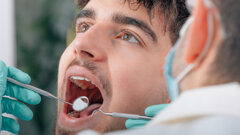
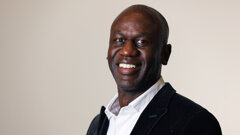

























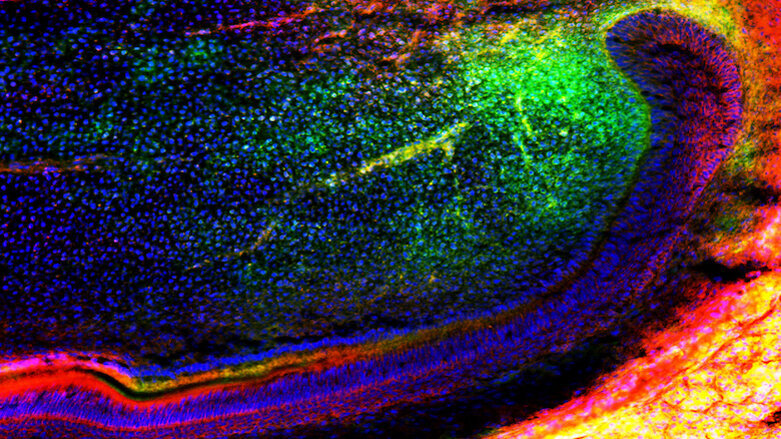





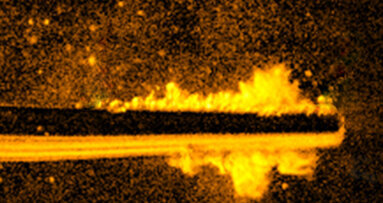
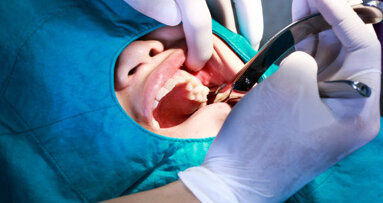
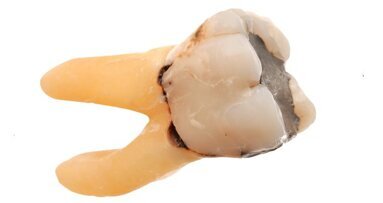


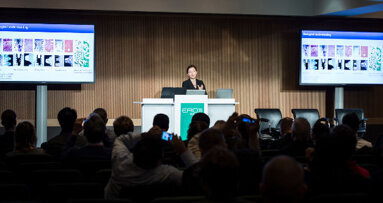
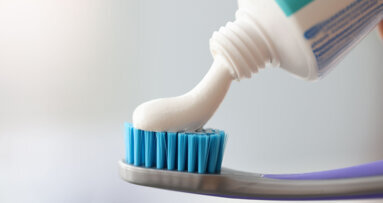








Please asap. I have two sensitive tooth onto the jaw and always wonder what if even 80% tissue could be regenerated with new medicine…